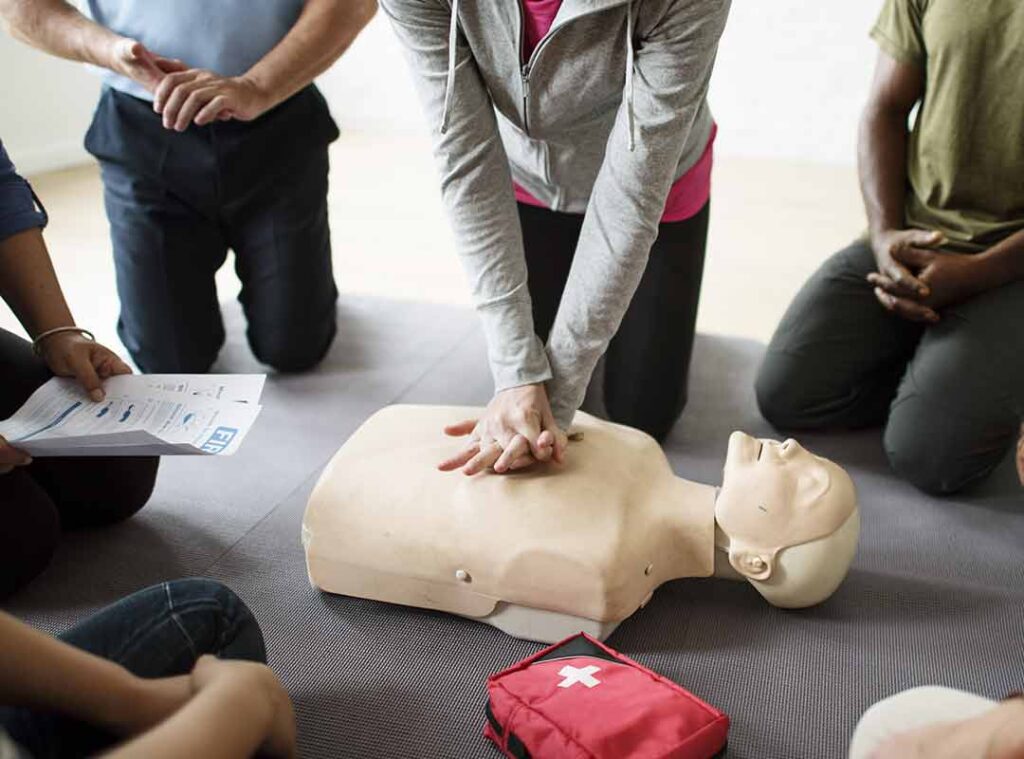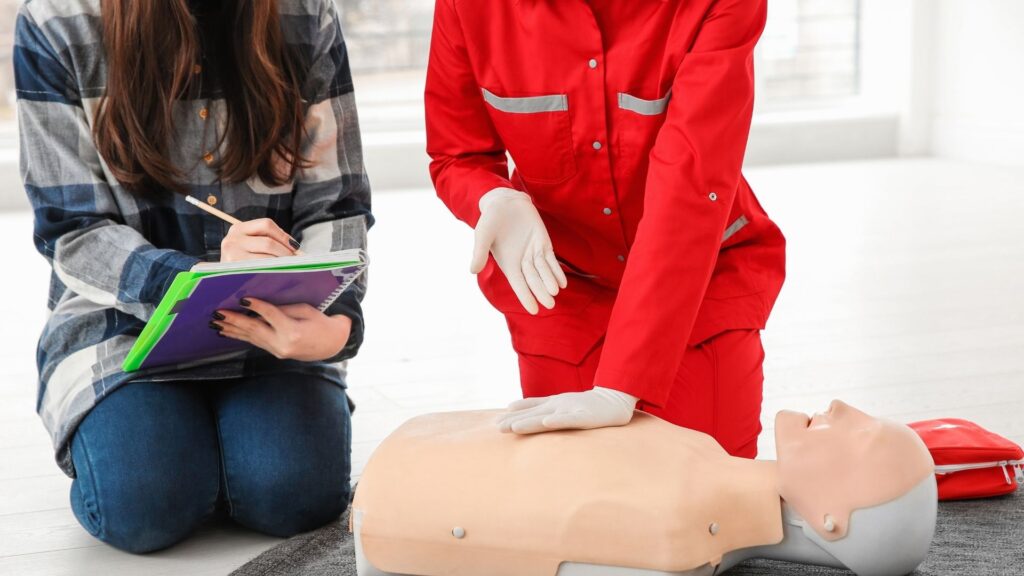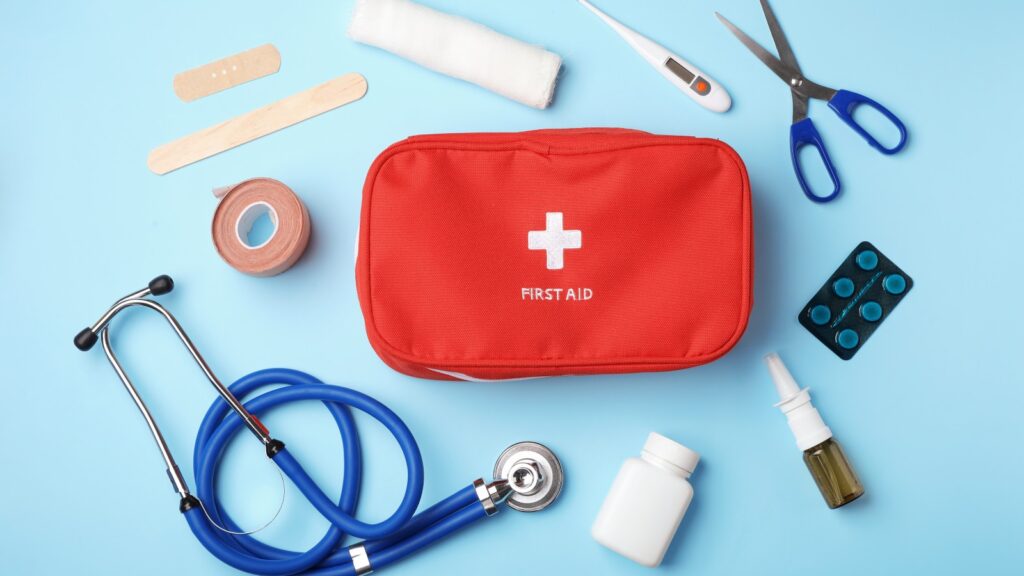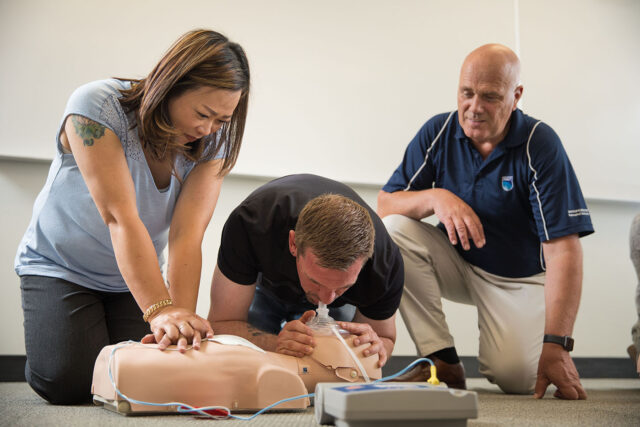CPR (Cardiopulmonary Resuscitation) and First Aid certifications are crucial skills that empower individuals to respond effectively in emergency situations. These certifications provide the knowledge and confidence to administer life-saving measures until professional medical help arrives. However, one common question that arises is: How long do CPR and First Aid certifications last? In this 2024 guide, we’ll delve into the details of certification durations and the importance of staying up-to-date with these critical skills.
Certification Durations

The validity of CPR and First Aid certifications varies based on the organization and guidelines followed. In the past, credentials typically lasted for two years. However, as of 2024, the American Heart Association (AHA) and many other certifying bodies often recommend that individuals renew their certifications every two years. This renewal ensures that individuals are equipped with the most current techniques and guidelines.
Changes in Guidelines
Guidelines for CPR and First Aid can change over time as new research and advancements in medical science emerge. These changes are aimed at enhancing the effectiveness of life-saving techniques and improving survival rates. Therefore, maintaining up-to-date certifications is essential to ensure that individuals are well-informed about the latest recommendations.
As we move further into the digital age, options for recertification have expanded. One notable approach is the availability of CPR certification online. This method allows individuals to renew their credentials conveniently and efficiently through online courses. These courses often cover the necessary material while accommodating busy schedules and providing the flexibility to learn at one’s own pace.
Importance of Recertification

Recertification is not only about meeting regulatory requirements but also about ensuring the ability to respond effectively in real-life emergency situations. Knowledge and skills can fade over time, and a refresher course helps reinforce the proper techniques. Moreover, recertification workshops often incorporate scenarios that mimic real-world emergencies, helping participants build confidence in their abilities.
Employment and Community Expectations
For individuals in professions such as healthcare, education, and public safety, up-to-date CPR and First Aid certifications are often mandatory. Employers recognize the importance of having a staff that can respond appropriately to emergencies. Additionally, being certified benefits the community at large, as individuals with current certifications can step in during critical situations outside of their workplaces.
Options for Renewal

Renewing CPR and First Aid diplomas typically involve enrolling in a course. These courses are designed to cover the essential aspects of the original training in a condensed format, focusing on updates and any changes in techniques. Many organizations also offer online recertification courses, making it convenient for individuals to refresh their knowledge from the comfort of their homes.
Conclusion
CPR and First Aid certifications are invaluable skills that can make a significant difference in life-threatening situations. Staying current with these credentials through regular renewal is not only a requirement for many professions but also a responsibility individuals have towards their communities. The 2024 guide emphasizes the importance every two years, allowing individuals to adapt to changing guidelines and maintain their ability to provide effective assistance in emergencies. By prioritizing the renewal of CPR and First Aid certifications, individuals can confidently step up to save lives when every second counts.



